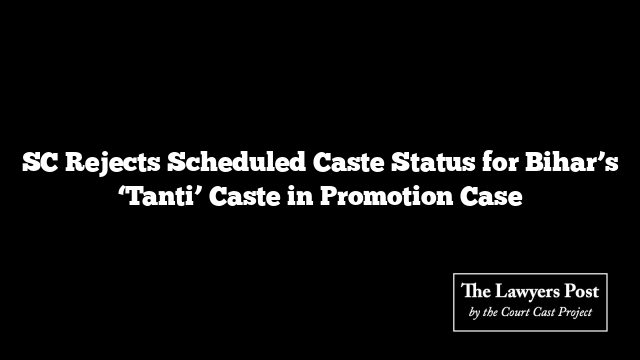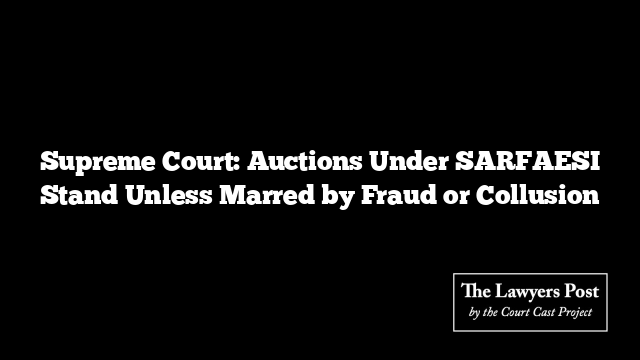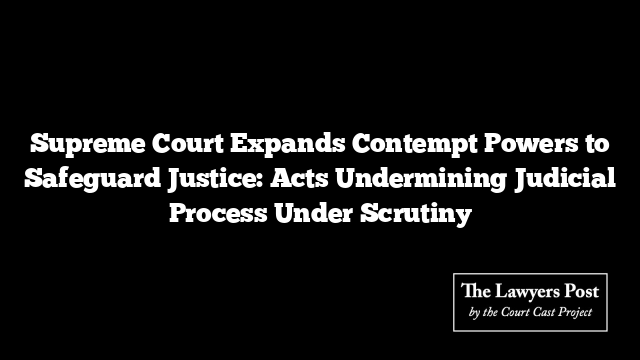The Supreme Court has ruled against granting Scheduled Caste (SC) reservation benefits to a Central Government employee from Bihar’s ‘Tanti’ caste, citing the caste’s original classification as Other Backward Classes (OBC) at the time of his appointment.
This case stems from a complex shift in caste categorization. The employee joined the postal department in 1997 under the OBC category. In 2015, the Bihar Government reclassified the ‘Tanti’ caste as part of the SC category. Leveraging this change, the employee sought SC reservation for a Group B promotion through the Limited Departmental Competitive Examination (LDCE). However, his claim was rejected by the postal department.
The employee challenged the denial before the Patna High Court after his plea was dismissed by the Central Administrative Tribunal (CAT). In 2023, the High Court ruled in his favor, prompting the Union Government to escalate the matter to the Supreme Court.
The Supreme Court’s deliberations were influenced by its July 2024 judgment invalidating Bihar’s 2015 notification that shifted the ‘Tanti’ caste to the SC list. The Court held that state governments lack the authority to amend Presidential notifications on caste classification but protected the status of individuals already employed under the SC category before the ruling.
In the present case, the employee sought similar protection, citing prior Supreme Court rulings, including K. Nirmala v. Canara Bank, which allowed employees to retain their positions despite later declassification of their caste. However, the bench of Justices P.S. Narasimha and Manoj Misra found no grounds for such protection in this instance.
The Court noted that the employee’s SC status was granted temporarily during the appeal’s pendency, lasting less than a year. His promotion under SC reservation occurred only in December 2023, after the High Court’s favorable ruling. The bench concluded that his case lacked the equity considerations present in other precedents.
The ruling emphasized, “The respondent’s benefit as a Scheduled Caste candidate was for a short period and based on an invalid classification. In the absence of legal or equitable grounds, we cannot uphold his continuation under an illegally granted status.”
This decision reaffirms the Court’s stance on the limitations of state authority in altering caste classifications and underscores the stringent application of reservation policies tied to Presidential orders.





